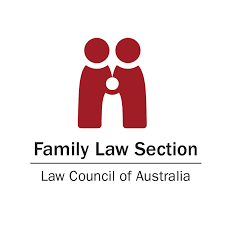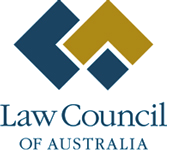26 May 2025
Separation
“What are my rights in a separation?”
It’s a simple question — but the answer can feel anything but.
When couples separate, there’s often confusion about what needs to happen next. Do you have to move out? Do you need to see a lawyer? Can you take the kids with you? Can you change the locks?
It’s normal to feel overwhelmed. This is why understanding your rights and responsibilities early on can make all the difference — not just legally, but emotionally and financially as well.
Do I need a formal separation?
In Australia, there’s no such thing as a “legal separation” — you are considered separated once one person communicates the decision to end the relationship. However, you can and should formalise arrangements.
This is typically done through:
- A parenting plan or consent orders for children;
- A binding financial agreement or property consent orders for property and financial matters.
These legal documents can help prevent future disputes and clarify everyone’s responsibilities.
You can also formalise your agreement prior to a marriage or during the marriage or relationship. Commonly known as a “prenup” in the US, in Australia we call them Financial Agreements or Binding Financial Agreements, which may set out what will happen in the event of a future separation.
Do I have to move out of the family home?
Not necessarily. Under Australian law, it’s possible to be considered separated under one roof. This means you can live in the same home while separated — which often happens for financial or parenting reasons.
You may also be able to apply for a “sole occupancy order” to exclude your spouse or partner from the home by way of Court Order.
If you’re worried about safety, speak to a lawyer right away. You may also be eligible for a family violence order (ADVO or AVO) in NSW.
What happens with the kids?
In Australia, there’s no concept of “custody” anymore. Instead, the focus is on the best interests of the child.
Parenting arrangements can be made by agreement (in writing, called a parenting plan) or formalised through Family Court consent orders.
If you can’t agree, the court may become involved — but only as a last resort. Parties are often required to attend Family Dispute Resolution (also known as mediation) to try and resolve their dispute and agree to a parenting plan. This may not always be possible or practical, particularly if there are allegations of family violence.
Am I entitled to child support or spousal maintenance?
Potentially both.
- Child support is calculated using a formula managed by Services Australia, based on care arrangements, income, and other factors. It is an administrative assessment and based on a formula.
- Spouse maintenance may apply if one party cannot support themselves adequately and the other party has capacity to pay.
It’s assessed on a case-by-case basis and is not automatic.
Do I need a lawyer — or can we do it ourselves?
You can reach informal agreements between yourselves, but there is significant problems that may arise as a result. A legally binding and enforceable agreement (and recognised by the court), will generally need legal assistance. Family law in Australia can be deceptively complex. We often meet clients who reach agreement at home and are then told they are entitled to more than they have agreed to, which can make negotiations tougher when expectations are not met.
Having a lawyer doesn’t mean things have to get adversarial. In fact, many of our clients choose mediation and negotiation to avoid court entirely. Whether you’re separating from a spouse or de facto partner, we’re here to answer your questions — and guide you through what comes next.
Book a confidential consultation today.



